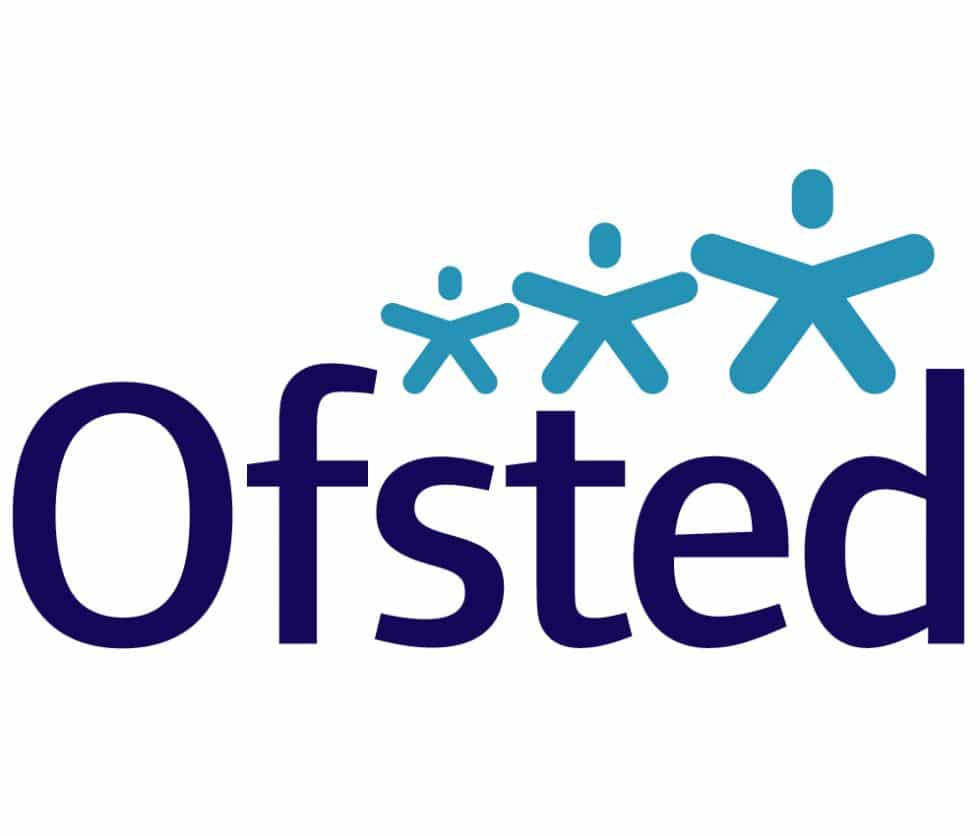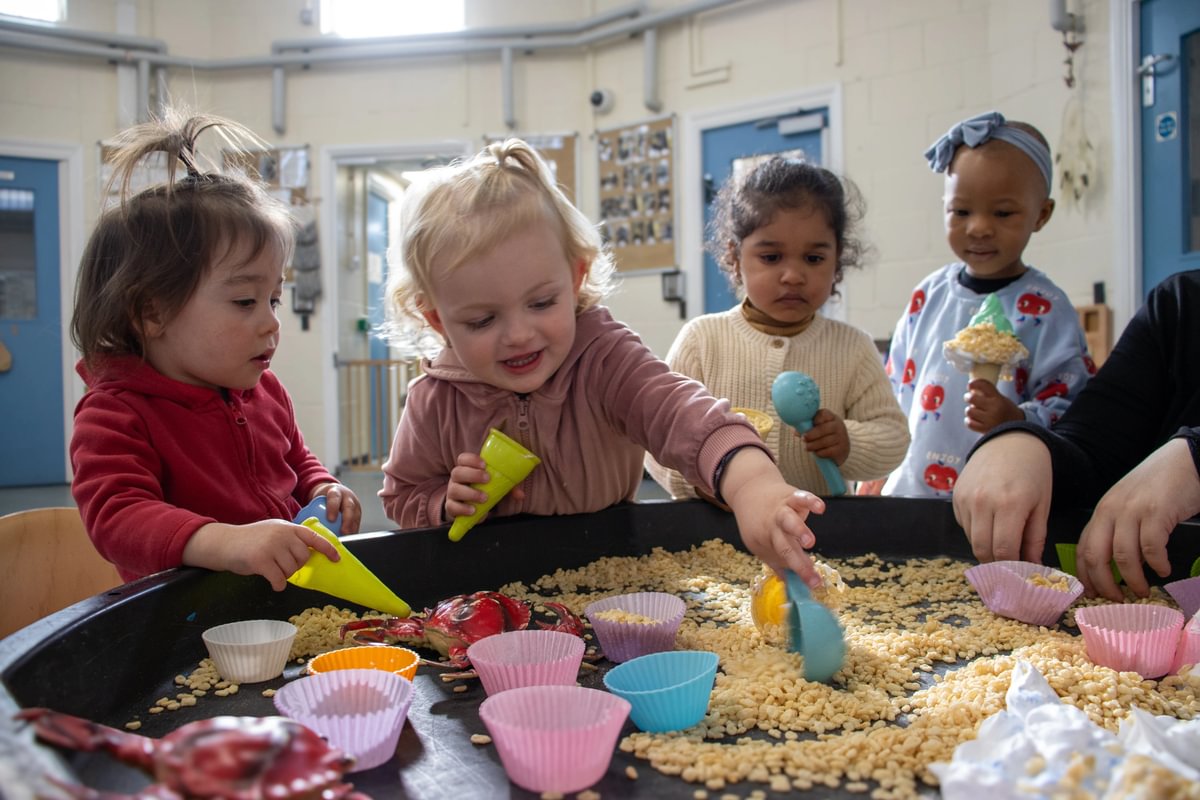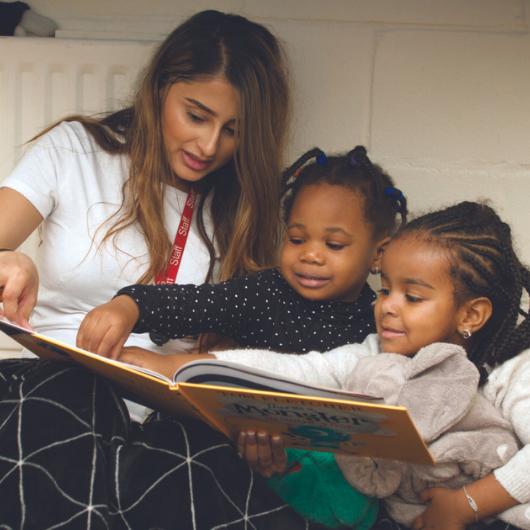
Developing Children’s Knowledge and Skills with Ofsted’s NEW Report
Ofsted has just published Report 2… …part of our series of subject-based curriculum research reviews. Do you remember the first one Best Start? This second…
July 28th 2020
It was an OBC with a difference. We didn’t have to find a room and a suitable time and lots of refreshments, we zoomed straight into everyone’s homes in nearly every part of England. It was a miracle that the technology worked, we managed to stop the ding dong doorbell and we covered a lot of information which was both factual but also highly emotive. The recording is available here.
I know some of the national chairs attended and Elaine Sagar, Tricia Wellings and Cheryl Hadland told me they would be using Zoom for their regional meetings and I hope they will some of the information from today because this information needs to be repeated and repeated until it filters down into every crevice of the sector. Jules Davies runs the OBC website via her company Early Years Matters and will upload all the information there too.
Gill Jones and Wendy Ratcliff did a double act and presented on the inspections. The slides are above, but the top ten questions were:
1. Who are we talking about? The focus of the webinar was on all settings and childminders registered by Ofsted.
2. When will “normal” inspections resume? The plan is that the normal inspection cycle will resume from January. That means the cycle that was cut short in March will start again in the same order in January. However, Ofsted is worried about catching up so if they can, they may try and start these inspections in December but that is uncertain so assume it will kick off in January. Usual notifications will apply.
3. When will the monitoring visits start for inadequate and RI settings begin? September 2019 and these visits are for monitoring only. They will not receive a new judgement.
4. Which settings will be monitored? Settings which have received an RI or Inadequate because of safeguarding and welfare issues will be monitored.
5. What is happening about the 30-month registration visits especially of the 30 month is up? They are continuing to try and complete 30-month registrations from now.
6. If there are complaints will we be inspected? Yes, life as a statutory inspector continues and complaints will be responded to by letter and with a possible unannounced visit if the complaint merits this.
7. If an inspector visits how will we maintain adherence to the health and safety rules? They will ring in advance and ask what your health and safety procedures are and then comply with them. However, I hope that won’t preclude them entering a setting where there are serious concerns about the welfare of children!
8. What are we doing about Appeals Procedure? This was my question! I wanted to clarify the appeals process because during lockdown the appeals procedure did not include any external scrutiny because Ofsted did not want to send confidential information in the post. I was not happy as the rest of the world was operating fully using post and data protection processes. I wanted to make sure that being able to appeal had some relevance given the new EIF may lead to more appeals as we engage more fully in pedagogical conversations with inspectors. I would like this reviewed on the National Consultative Forum.
9. What survey are you doing? Is it compulsory? Can we suggest some questions such as funding, quality, impact of disapplications? Ofsted is commissioning a survey for the Government to get a picture of the sector as we emerge from COVID-19. The data will not be published, and the survey is voluntary and anonymous. Is this something that could be addressed with the Practice and Pedagogy Forum?
10. Who is Yvette Stanley? She is the national Director for Social Care, who has now got the responsibility for the regulation of childcare and childcare policy which Gill says is a good thing as Early Years has a specific focus now in regulation and she can continue to lead her work in policy and improvement.
The second half of the meeting Julian Grenier gave an update on his review of Developmental Matters. This provoked a very long chat line of comments. Julian’s slides are above, but the top ten questions reflected much of the frustration at the Government review of the Early Learning Goals and the fear they are not written from a developmentally appropriate perspective with children who are not able to meet them being defined as “failing” from as young as 4-years-old. Here they are:
1. Who agreed the expert panel and will the list be published? The DfE agreed their own expert group. The list will be published
2. Is Development Matters compulsory? No
3. When will the guidance be available? September 2020
4. Will there be a review as this is rolled out? Evaluation and review processes are policy decisions and not part of Julian’s remit.
5. Why change the age bands? Research commissioned by the DfE reported that age bands in Development Matters were seen as a contradiction to the ethos of the unique child (Brooker 2010) and the strongest views raised against the age banding were with respect to the inclusion of children with special educational needs. Having two wide and overlapping bands for 4-5-year-olds (30-50 months and 40-60 months can make life difficult for Reception teachers and Ofsted has reported that the ELGs have become the Reception curriculum, dominating Reception teachers lives). The ensuing practice of ticking off the tasks per age bands led to a significant loss of focus on learning step-by-step. The new guidance will make it clear that Reception remains part of the EYFS and we need a balanced approach across the whole phase which combines socio-emotional and intellectual development and will support staff develop a more intellectually challenging curriculum for 4 and 5 year olds as they come to the end of the EYFS.
How will this affect Reception teachers who may find themselves having to teach to the ELGs and assessing children against a set of inappropriate ELG criteria examples were automatic recall? Although the ELGs are not part of Julian’s remit, leading on Development Matters, he commented that teachers, Early Years educators and childminders should focus on developing a curriculum that’s suitable and ambitious. Taking the specific issue of number, it’s crucial for the children on roll to have many opportunities to understand and become fluent in all aspects of counting. That means, for example, understanding the “fiveness of five” including the different combinations of numbers that make five (3 and 2, 4 and 1 etc. This requires a lot of repetition and practice. Only when children are completely fluent in this, will it be appropriate to focus on automaticity. It’s important to focus on the curriculum overarching EYFS and Key Stage 1, as set out in the new guidance report from the EEF.
Staff working with younger children won’t be affected by the new goals. Staff working with older children are advised to focus on the maths curriculum for the Reception year – no one is advised to “teach to the test” and spend all year focused on the ELGs.
The intention of the EYFS review was to address complaints of too much paperwork. This has often been driven by a failure to understand assessment and therefore a tick box model emerging. This was not helped by Ofsted requiring large quantities of data at inspections. Within the new EIF, inspectors are actively avoiding collecting data how will we prevent headteachers and managers still requiring staff to use Developmental Matters as a tick box for assessment? The misuse of Development Matters as a tracker is widespread. It is common for staff to search out gaps to cover in their planning. This is not a sensible approach to take. It results in excessive focus on getting children across to the next stage band and covering everything in each band. Instead we need to make sure that children’s understanding and knowledge are secure. looking more for depth and not breadth so that we have deep understanding not a superficial grasp.
How do we ensure people understand the difference between self-regulation and executive functioning which are different but often get collapsed together into one concept? As they develop their Executive Function, children will become increasingly able to self-regulate. It’s important to focus on both emotional self-regulation, which grows out of high-quality care and an improving ability to communicate and use language. Julian emphasised the importance of high quality, continuing professional development to support the whole sector in improving practice.
If successful Early Years teaching requires confident, experienced and well qualified Early Years teachers in all settings but training and CPD remains underfunded but how do we get Government to understand this is essential to quality? Is Ofsted planning to regulate private training providers to help ensure more consistent quality? Julian emphasised the importance of high-quality initial training for all, as well as high-quality ongoing professional development. Reports like the FEEL Study and the PLEYE study (links below) mean that we understand the features of effective PD much more thoroughly now. The revised Development Matters suggests 7 themes to support leaders in planning, delivering and evaluating PD with their teams.
How will we ensure the concept of cultural capital is well understood? Julian agreed this is important and shared a link to a brief article he’d written for the TES on this subject.
In summary, the meeting chat raised as many questions as answers. Its just as well we could use the power of mute or we would be still here.
The level of debate was wide ranging but what was clear was the willingness of nearly 500 people to engage in much more pedagogical debate. The chat had lots of issues but a common theme included the role of the Early Years teacher, the language of pedagogy, the importance of raising the quality of training providers, the need to make child development essential to all training curricula, the understanding of cultural capital and what makes quality.
So, let’s kick the view that we are a Cinderella service into touch and remind the public that we can no longer tolerate consistent under-funding. We are now part of the national infrastructure and we need to help the public see this. We also need to articulate what good early education looks like.
In the meantime, keep reading and writing and fine honing your thoughts. Bring new ideas and reflections to the debates and introduce us to new thinking that comes from our practice. I have every intention of following this up with a series of pedagogy webinars and podcasts.
Together we must lead a strong and well-informed pedagogical conversation and build a beautiful praxiological triangle of theory, research and practice that delivers the best. If we work together and celebrate our profession then we will triumph.
Government Guidance:
Early years and childcare: coronavirus (COVID-19)
Actions for early years and childcare providers during the coronavirus (COVID-19) outbreak
These are links Julian referenced during his presentation:
* FEEL project
* PLEYE research by Sue Rogers
* Reflecting on the EYFS curriculum
* What happened to curriculum in the early years?
Here is the link to Julian’s new edition of his book
Here are some links that members of the audience added in the chat. Thank You
* What makes the biggest difference to a child’s success in early learning?
* New study: empowering teachers, children and parents is the way to achieve the best early childhood education and care
* How to avoid a deficit approach to cultural capital
* Pennie Akehurst Early Years Fundamentals Newsletter
* Petition: Revoke the high pressure EYFS reforms. Young children need real learning not rote learning
* Early Years Education Guest Blog from Helen Moylett: Ofsted’s thinking on Cultural Capital – some concerns and questions
Here are a few blogs I wrote which may be of interest, if only to get you to splutter over your tea! Also, I have a fairly straight-talking book out soon so look out for that!

Ofsted has just published Report 2… …part of our series of subject-based curriculum research reviews. Do you remember the first one Best Start? This second…

On the 7th April, we held the London OBC and here is a summary for those of you who could not attend. We are trying something new,…

Launching the Reading Rights Summit in Liverpool Last week, Booktrust (where I proudly serve as a Trustee) hosted the Reading Rights Summit. We were joined by special guests, the…